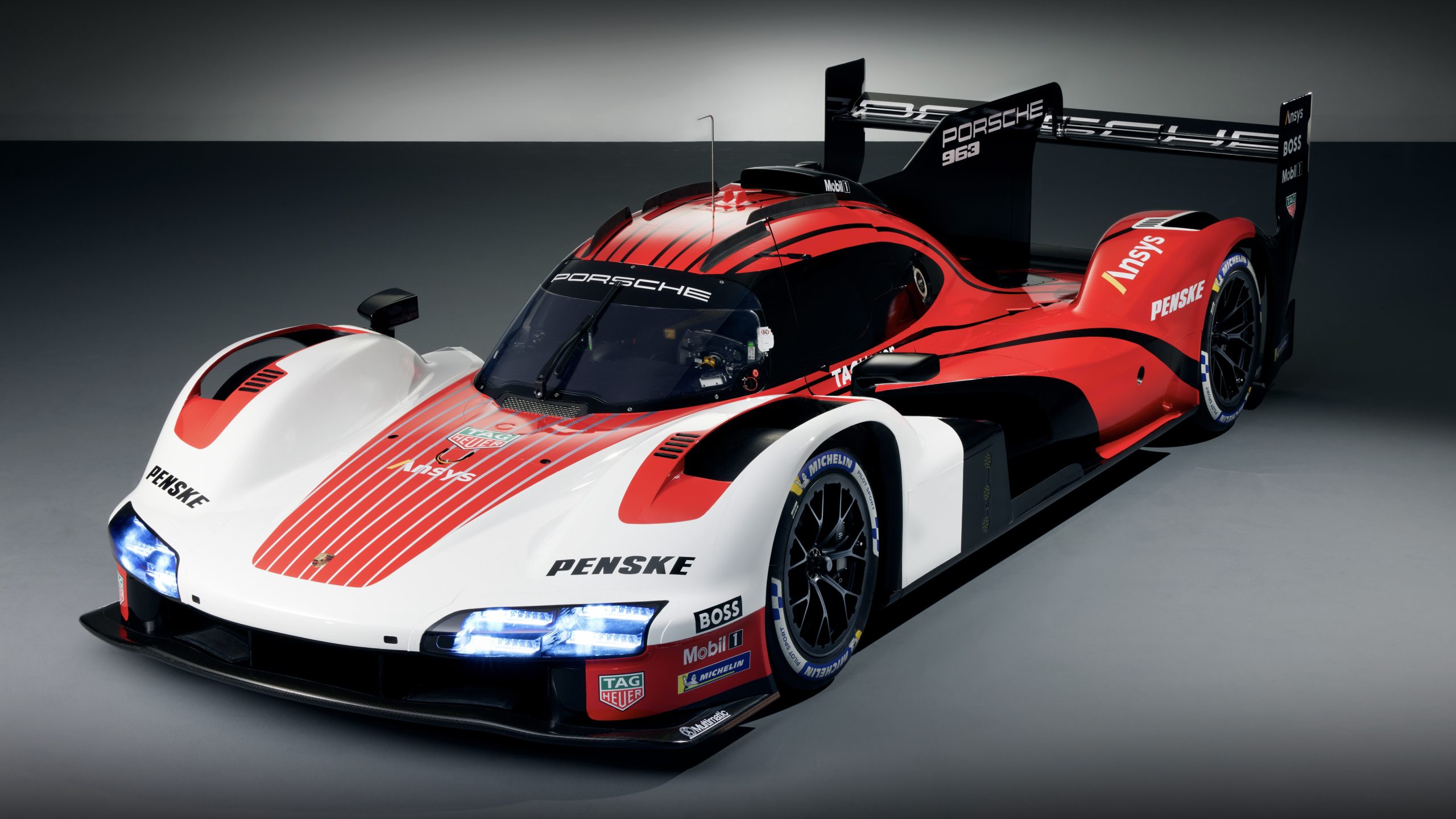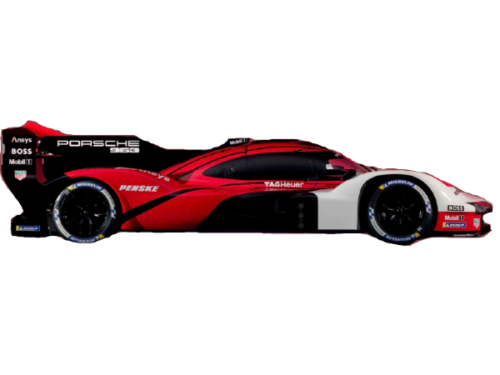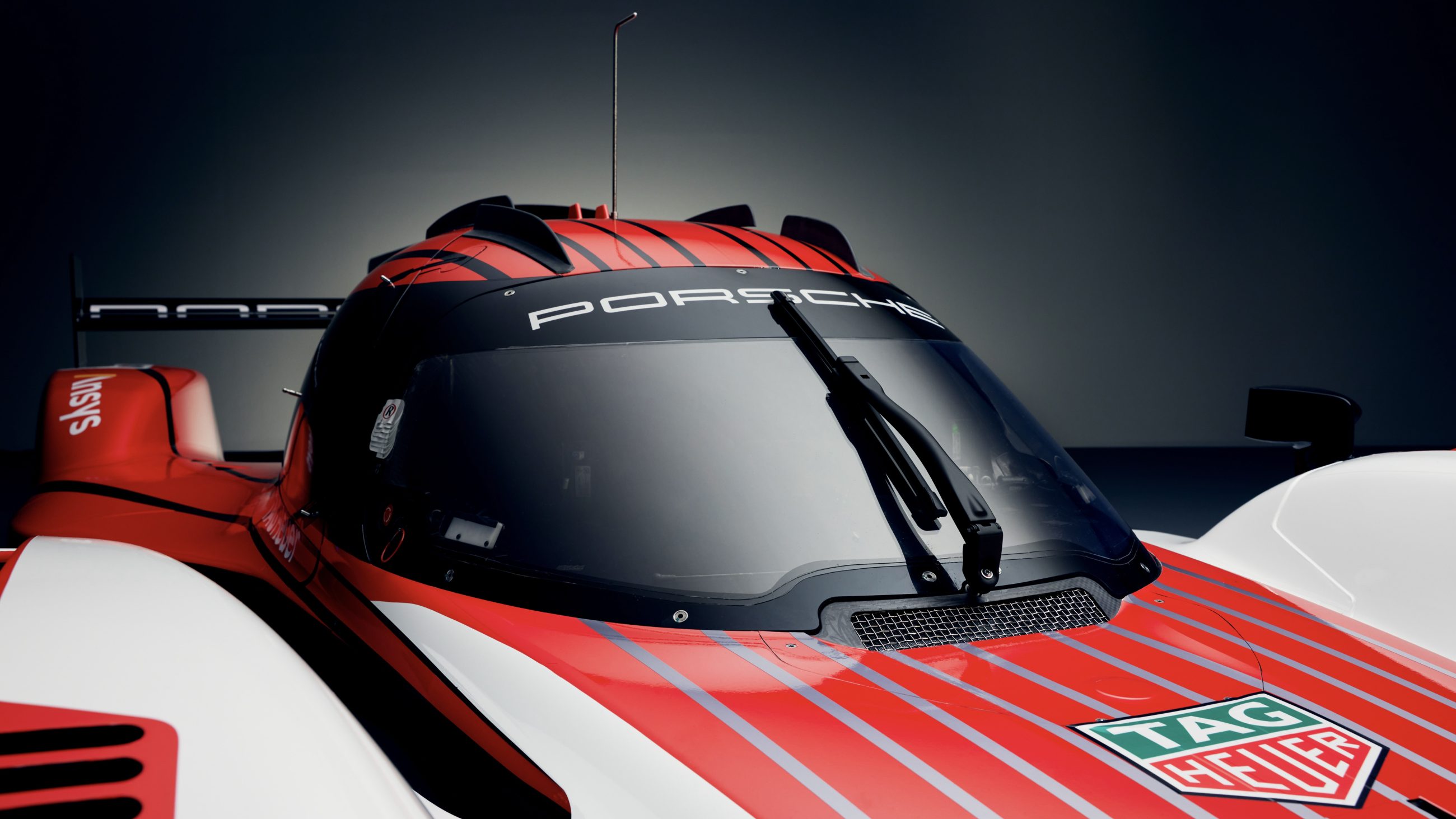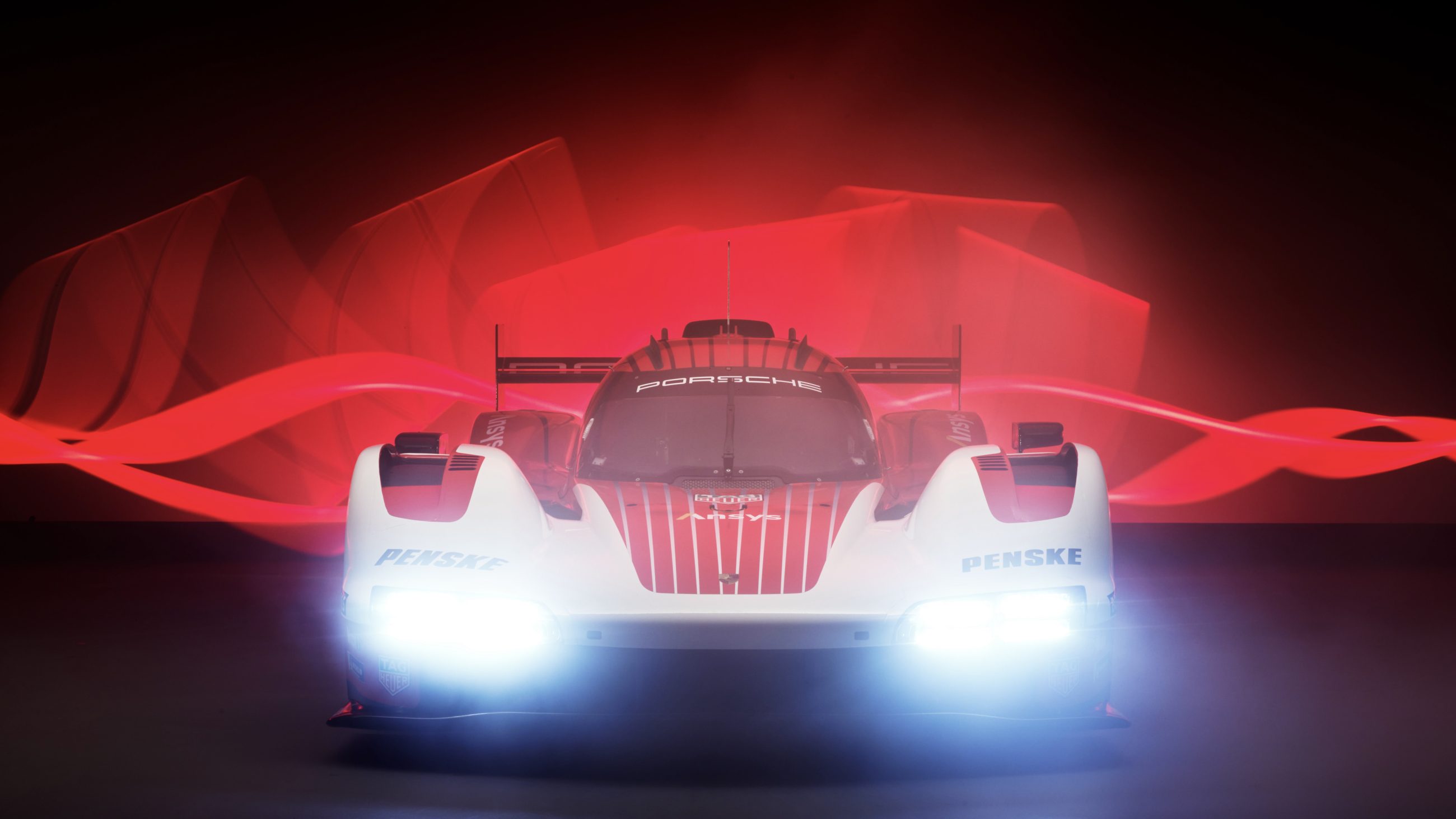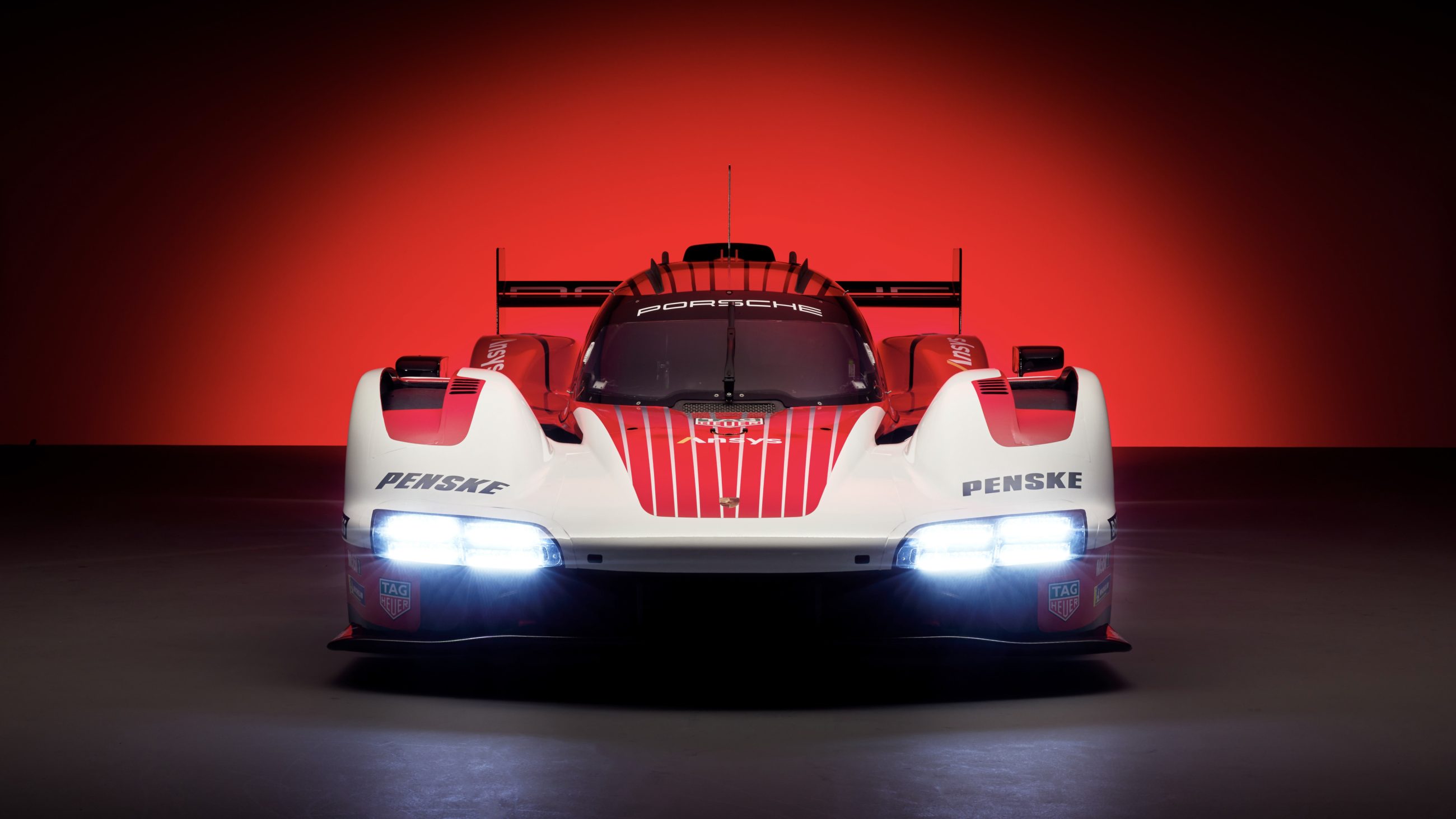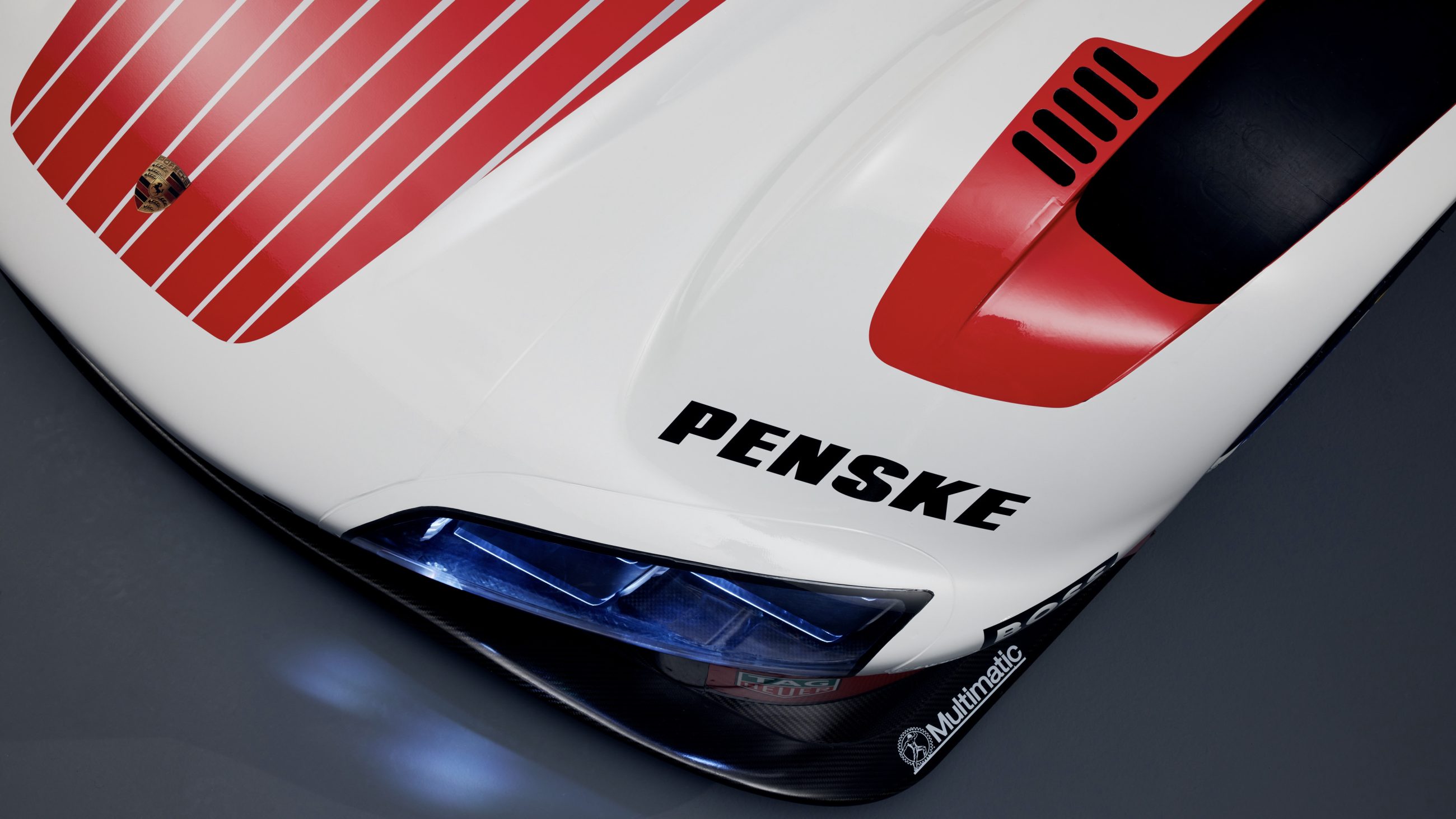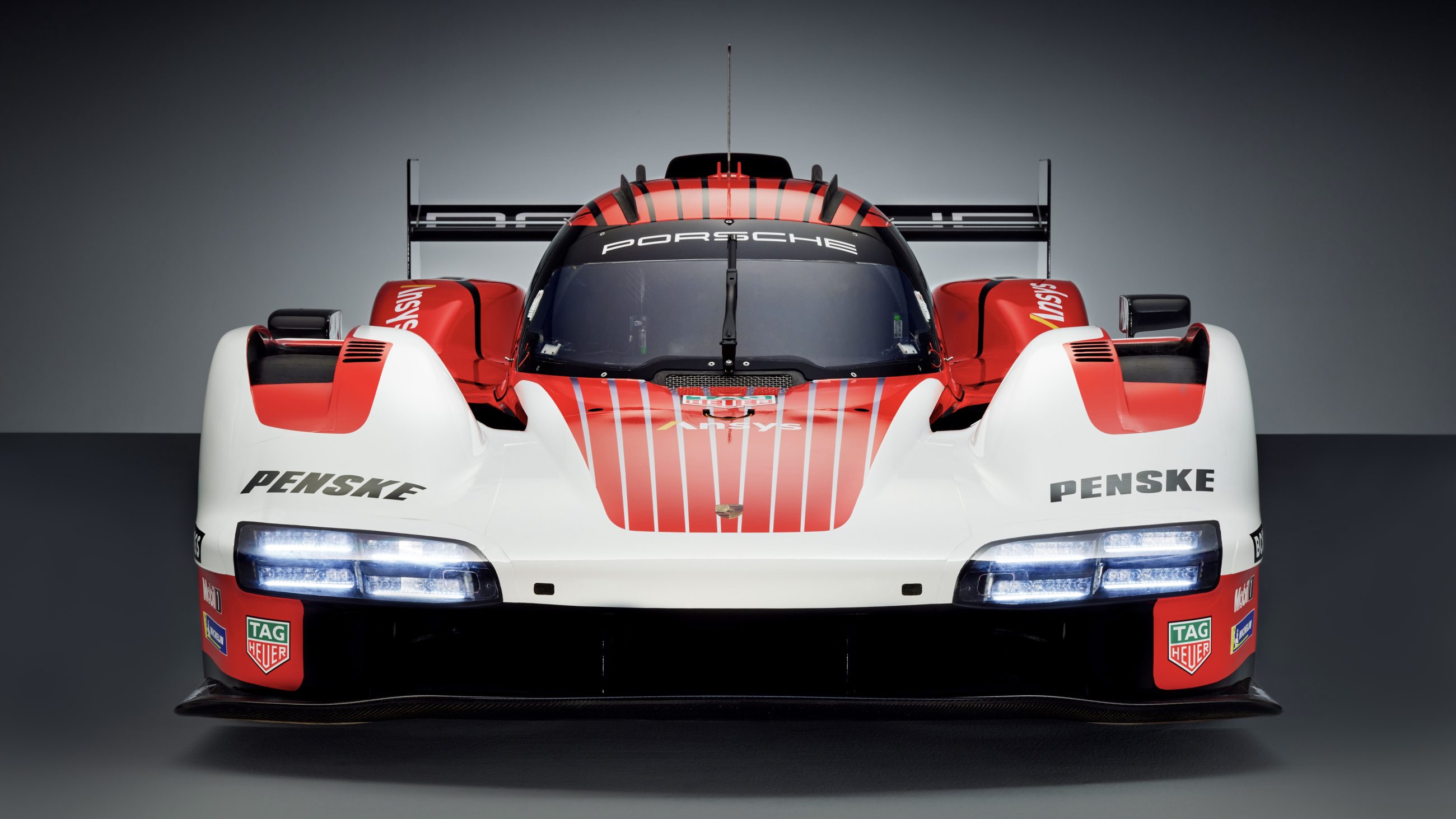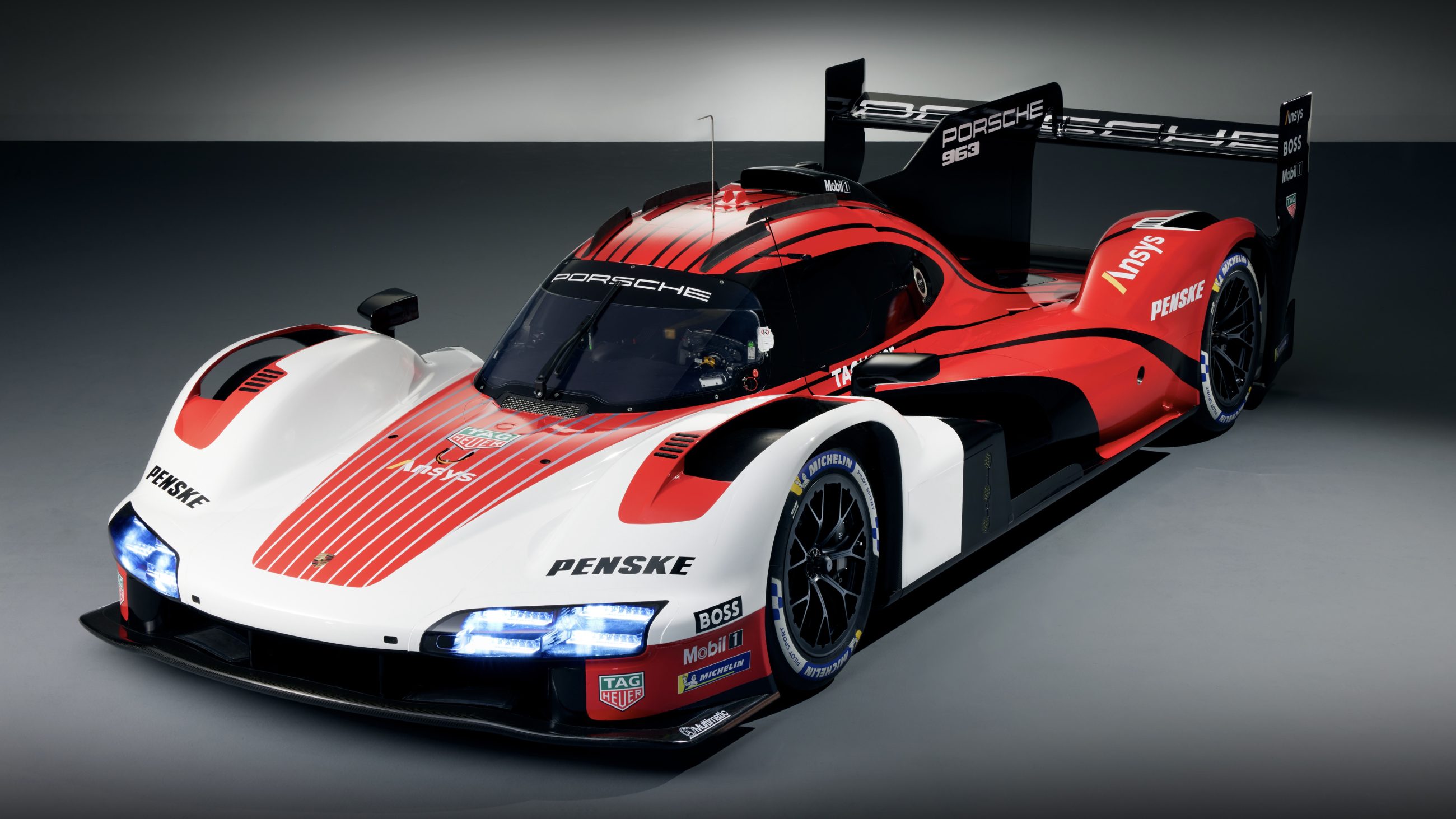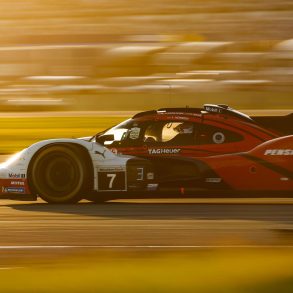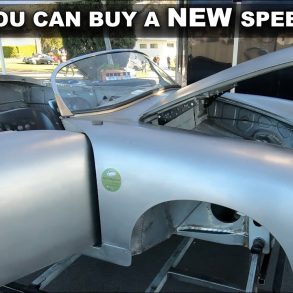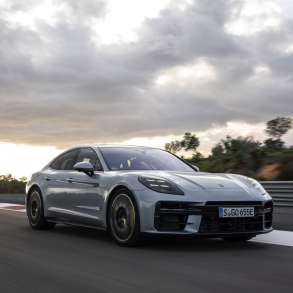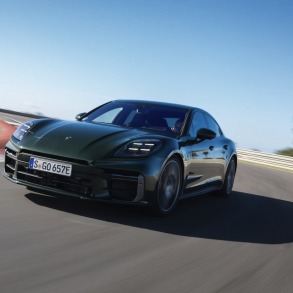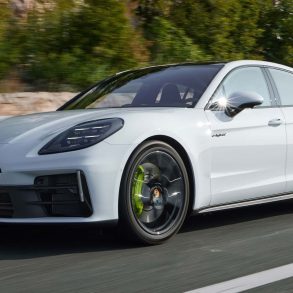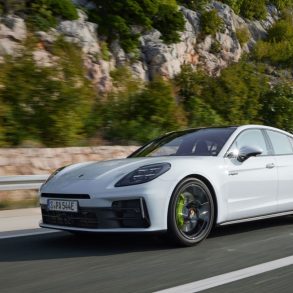Porsche 963 LMDh – Reviews, Pricing, Specs & Buyers Guide
Porsche’s first customer prototype in more than a decade comes with a $2.9 million price tag, making the 963 the most expensive model offered by the German auto manufacturer.
Built by Canadian racecar constructor Multimatic, the LMP2-derived 963 chassis could become one of Porsche’s lower-volume productions. Outside of the two factory Porsche Penske Motorsport entries coming to IMSA’s WeatherTech SportsCar Championship GTP class, plus the other two PPM entries for the FIA World Endurance Championship Hypercar category, and any spare cars they maintain as the program launches in 2023, a limited number of sales are expected to be made to independent teams.
Minnesota’s JDC-Miller Motorsports, which was confirmed as the first customer team to purchase a 963, will be joined by a few more privateers across IMSA and the WEC, but only a select few who’ve demonstrated quality and competitiveness in either series.
Despite the high dollar amount when compared to the brand’s costliest road cars, the price for the turnkey twin-turbo V8-powered hybrid Porsche is remarkably low for a purebred machine designed to race for overall wins at the 24 Hours of Le Mans and the 12 Hours of Sebring.
The new 963 eclipses the 2007-2008 Porsche RS Spyder LMP2 chassis, which sold for $1.5 million at the time. In 2022 dollars, the all-conquering RS Spyder—also built in limited numbers–would cost $2.1 million. Like the 963, the last customer prototype from Porsche was campaigned by the factory with Roger Penske and through its domestic and international lifespan, RS Spyders were fielded by six privateer teams.
Buying the 963’s lineal ancestor, the 962 IMSA GTP model that debuted in 1984, came with a price tag of $250,000. Adjusted for inflation, the 962 would cost just over $700,000 today and among the finer examples, vintage 962s can fetch more than $2 million at auction. It also trounces the asking price for Porsche’s most recent road-going hypercar: Even with some very expensive options, the 918 Spyder still came in at around $1 million.
At $2.9 million, the 680 hp 963 isn’t an all-inclusive sum; spare engines, transmissions, extra bodywork and all of the consumables required to run and maintain the car during a season of endurance racing cost extra, but the purchase does come with unwavering technical support from Porsche Motorsport.
“We sell it for $2.9 million, but that’s the overall amount,” Porsche Motorsports North America president and CEO Volker Holzmeyer told Road & Track. “And as long as the customer is running, our services are always available, we will have spare parts on site, an engineering truck on site, 5, 6, 7 engineers, and we will figure out now with teams what is what they think it is needed. But that service is always there. And it’s always for free.
“It’s the way Porsche approaches it because it’s the way that we can guarantee the highest level of quality. If we offer something and somebody has to pay for it, you always could say no, [so this way] we can make sure that we always deliver the highest quality and make sure it’s the best result achievable.”
Separate from the purchase price of the Porsche 963, teams like JDC-Miller Motorsports also need to fund a full season of racing, which starts in January at the Rolex 24 At Daytona and runs across 10 weekends until the championship finale in late September or early October at the 10-hour Petit Le Mans race in Road Atlanta.
With the current DPi formula being used by IMSA, independent teams are known to spend somewhere in the $3.5-$4.5 million range with a Cadillac DPi-V.R.
Factoring in the first-time use of mandatory energy recovery systems in IMSA with the 963 and all the other new models coming from Acura, BMW, and Cadillac, which comes with a somewhat steep lease price for the ERS units and technical support, plus the likely hiring and salaries for extra support engineers to maintain and tune the high-tech hybrid prototypes, annual budgets could rise by upwards of $1 million, according to the estimates provided within the paddock.
Among the greatest benefits of buying a 963 is the direct link to the Porsche factory and the coveted engineering information that will be provided leading into each race. With a strong direction on the optimal chassis setup choices for its customers to use, teams like JDC-Miller should never be too far from the PPM factory entries on the time sheets. Whether the PPM team chooses to share what it learns with Porsche’s customers once the race weekend gets under way is another matter.
“From Porsche’s point of view, we will provide the same data to Penske as we will JDC-Miller; Porsche will provide information for everybody equally,” Holzmeyer added. “And then there will be a limited, let’s say performance-related, ‘how to operate the car or to set it up’ [information exchange].
“Now, that makes for differentiation. Then it’s up to Penske, what they share and what they don’t share. Because in the end, everybody’s racing against each other. But we, as manufacturer, want to make sure that we are on top of the grid. And then if we are in position 1-2-3, the teams can fight it out.”
Altogether, the old adage of, ‘Speed costs; how fast do you want to go?’ is alive and well. But with the forever-thriving market for exclusive Porsches in mind, a $2.9 million investment today should be rewarded in the future when the first 963s go under the gavel.
Pictures
Press Release
Global quest for Porsche Penske Motorsport with the new 963
24/06/2022
The racing vehicle that was unveiled today (Friday, June 24) at Goodwood in England will carry the traditional Porsche motor racing colors: white, red and black. In the cockpits of the 500 kW (680 HP) racers, experienced and championship winning prototype drivers are paired with seasoned specialists from the Porsche factory driver squad. Porsche Penske Motorsport will have two headquarters for the two major championship programs: The IMSA WeatherTech SportsCar Championship vehicles will be prepared at Team Penske’s primary location in Mooresville, North Carolina, USA. The team’s branch in Mannheim (Germany) is responsible for the FIA World Endurance Championship (WEC).
“After 7,889 test kilometers (4,900 miles) during the first half of 2022, we’re on a very good path but there is still work to be done before the start of next season,” outlines Thomas Laudenbach, Vice President Motorsport. “Our new Porsche 963 should continue the legacy of legendary models such as the 917, 935, 956, 962 and the 919. I’m positive that we’ll be well-positioned when it comes to technology and we’ve also created the relevant team structures to set us up for wins in the thrilling competition between many manufacturers and different concepts.”
The official race debut of the Porsche 963 is planned to take place in January 2023 at the 24 Hours of Daytona in the USA where it will race in the new overall class to be known as GTP class. In the meantime, the FIA WEC has opened the door for testing as part of the upcoming world championship races this year. Porsche Penske Motorsport has targeted a non-competitive dress rehearsal at the final round of the season in Bahrain this November.
“Over the past few months, our people at Porsche Motorsport and Team Penske have grown into an efficient and committed squad – the Porsche Penske Motorsport Team,” acclaims Urs Kuratle, Director Factory Motorsport LMDh. “We’ll have powerful driver crews in the four factory cars. The collaboration with our long-standing tire partner Michelin and the chassis manufacturer Multimatic works flawlessly. The Porsche 963 should be homologated this autumn. Until then, we want to make further progress with test drives and gain additional insights. We can hardly wait for our first outing.”
The drivers selected for the races in the World Endurance Championship (WEC) and the IMSA WeatherTech SportsCar Championship include the experienced “works” drivers Kévin Estre (France), Michael Christensen (Denmark), André Lotterer (Germany), Laurens Vanthoor (Belgium), Matt Campbell (Australia), Mathieu Jaminet (France) as well as accomplished sports car drivers Dane Cameron (Glen Ellen, California) and Felipe Nasr (Brazil). In the initial development phase, Frédéric Makowiecki played a key role during the rollout at the test track at Porsche Motorsport headquarters in Weissach, Germany in January. The Frenchman drove the first miles in the Porsche 963 and also turned the first laps in the simulator. Other experienced drivers from the Porsche squad will be added to the cockpit crews at the endurance races at Le Mans, Sebring, Daytona and Road Atlanta (Petit Le Mans).
Bases in Mooresville and Mannheim
Porsche Penske Motorsport prepares a total of four 963 for the world’s most important sports car races at its bases in Mooresville (North Carolina) and Mannheim (Germany). The WEC facility in Germany’s Baden-Württemberg is a former Porsche Centre of Penske Automotive, built to state-of-the-art standards. The exchange of data between the three high-tech centres of Porsche Penske Motorsport occurs almost in real-time. The WEC team will move into the Mannheim premises this autumn. Jonathan Diuguid is the Managing Director of Porsche Penske Motorsport: “Expectations are extremely high,” acknowledges the American. “Not only from the public but also from Porsche and Team Penske, who have written great motorsport chapters together in the past.” Diuguid and Travis Law (Competition Director) will guide the global Porsche Penske Motorsport Team, with direct oversight and management of both the FIA WEC and IMSA programs. Daily operations of the FIA WEC team will be led by Bernhard Demmer (General Manager) and Francis Schammo (Team Manager. Joel Svensson (Team Manager) will be responsible for these roles in the IMSA GTP championship in North America.
The design hails from the victorious 956 and 962 classics
In compliance with the LMDh regulations, the Porsche 963 is based on an LMP2- category chassis. This newly developed vehicle chassis is supplied by the Canadian high-tech company Multimatic. Bosch, Williams Advanced Engineering and Xtrac contribute the standard hybrid components. At the heart of the powertrain lies a 4.6- liter twin-turbo V8. The engine is based on the high-performance 918 Spyder hybrid sports car. Its DNA goes back to the RS Spyder racing car, with which Porsche and Team Penske notched up many victories between 2005 and 2008. The design of the new Porsche 963 hails from the victorious 956 and 962 classics from the 1980s. A continuous strip of lighting at the rear echoes the distinctive feature of the latest 992- generation 911. The white-red-black vehicle design is a salute to Porsche’s successful racing cars. Another tradition also lives on as the new Porsche 963 will be available to customers beginning in the car’s first year of competition. The first Porsche customer teams will begin to communicate their programs in the next few days.
For its envisaged campaign in the IMSA WeatherTech SportsCar Championship and WEC – the world’s two most prestigious endurance racing series with iconic events including the Le Mans 24 Hours, the Daytona 24 Hours and the 12 Hours of Sebring – Porsche Penske Motorsport joins forces with strong and proven partners. The tire manufacturer Michelin continues its close alliance, as does ExxonMobil with its Mobil1 brand. In addition to the software specialist Ansys, which supports the global team with cutting-edge simulation solutions as the official technology partner, the Penske Corporation, which will highlight a number of subsidiaries and brands, is also on board as an official partner. With its expertise in development and engineering, Multimatic joins the project as a technology partner. The luxury watchmaker TAG Heuer also joins the global team as the official timing partner of the Porsche Penske Motorsport program. The fashion brand Hugo Boss as the team’s clothing partner and outfitter as well as the sports lifestyle company Puma as the technical partner for fireproof race clothing complete the portfolio of top-level partnerships of Porsche Penske Motorsport.


